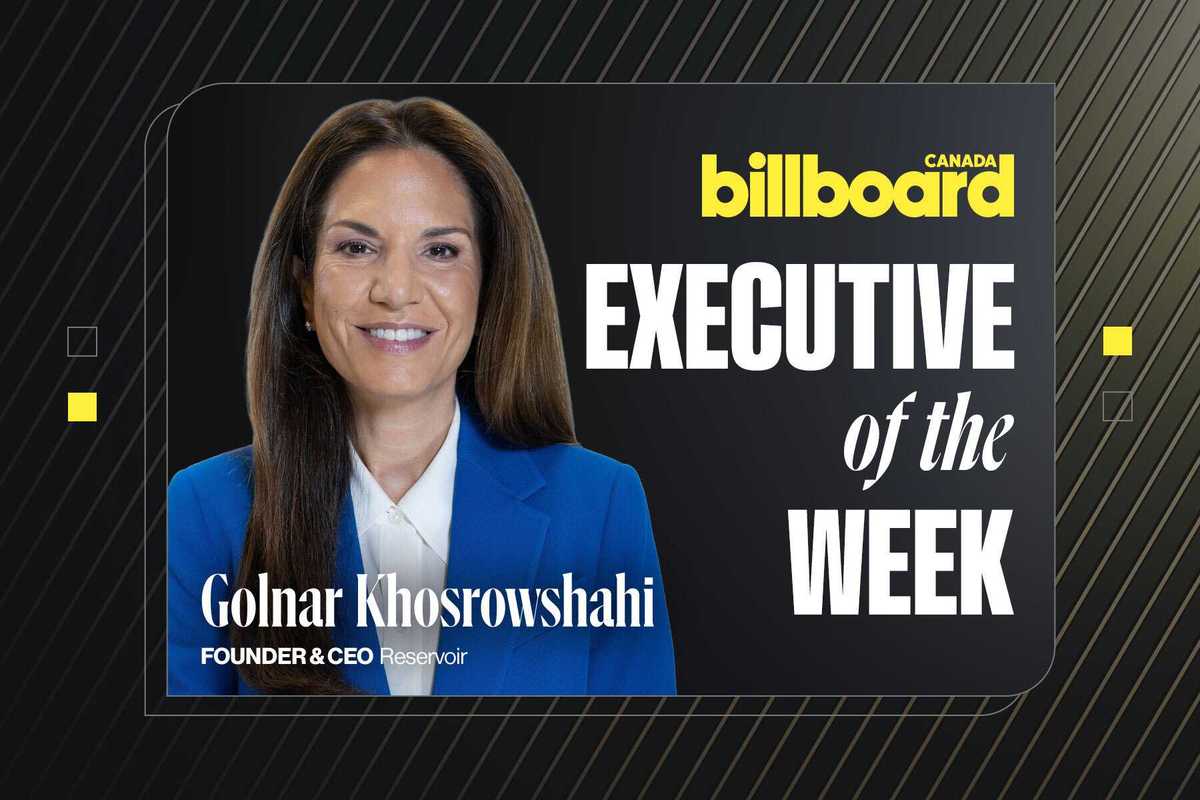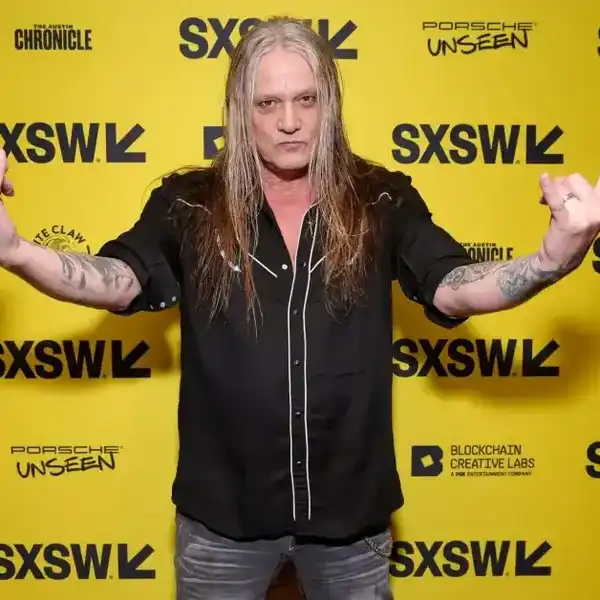Is Toronto's Hip-Hop Scene Repeating Its Own Successes?
...There is an undeniable uniformity among most of the acts receiving a significant industry co-sign – trap-leaning, downtempo, lyrically repetitive male artists, writing songs primarily about the pursuit of wealth, power and the objectification of women.

By External Source
This is the digital era. Artists no longer have to fight tooth and nail to create and release content. So why, both internationally and here in Toronto, does so much of the music receiving financial backing and industry support all sound so similar?
In the last five to 10 years there has been ever-increasing outside interest in Toronto’s hip-hop and R&B scenes. While this is a beneficial trend for local musicians, including me, there is an undeniable uniformity among most of the acts receiving a significant industry co-sign – trap-leaning, downtempo, lyrically repetitive male artists, writing songs primarily about the pursuit of wealth, power and the objectification of women.
This isn’t hate or saltiness on my part. Drake and the Weeknd have been influential musicians, and I’m grateful for the outside attention and interest they’ve brought to Toronto. Yet so much of the music being pushed in their wake barely strays from the template established on If You’re Reading This It’s Too Late, and there are so many artists that fall outside it – all sonically or lyrically distinct in their own ways. You wouldn’t know it based on the narrow genre being sold as the Toronto Sound.
So are most hip-hop and R&B artists these days simply not seeking to innovate? Or is the music industry not supporting and incentivising originality and innovation among “urban” artists? Maybe it’s a little of both.
The limited depictions of the lives, bodies and ideas of Black people in mass media is a well-known, well-documented problem. Black artists are subject to the pigeonholing of our identities and the erasure of our individual diversity. We are shoved into predetermined templates, tailor-made for the consumption of a society socialized to believe we are inferior. When this is done long enough, many Black artists internalize these depictions and in turn create art that snugly fits into such templates. They can then be conveniently cherry-picked into stardom by the powers that be, leaving Black artists who remain bold and steadfast marginalized.
So there is a clear issue with race, but there’s also a gender issue – continue reading Matthew Progress's It's time to stop pigeonholing Toronto hip-hop in Now
















